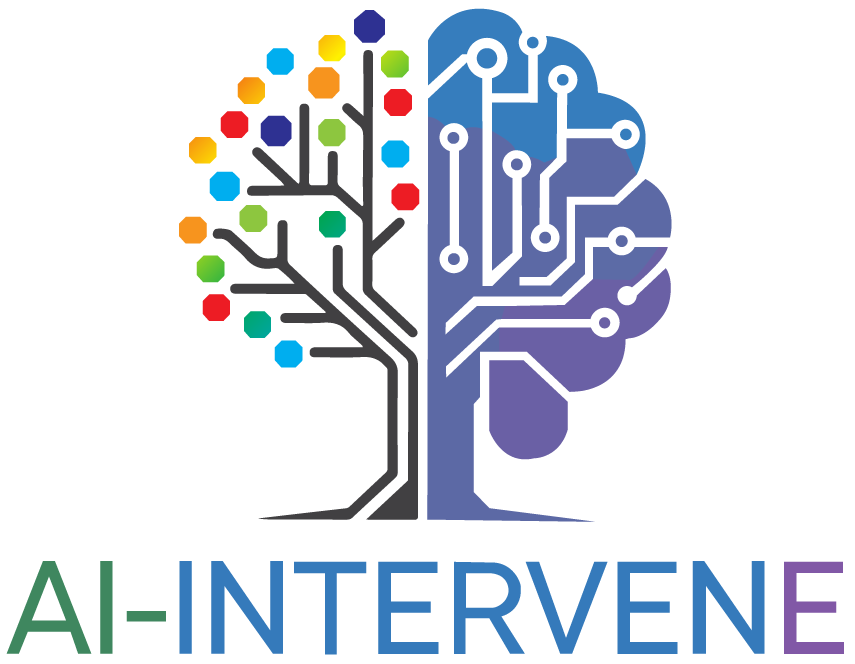Excellent Research Environment


AI-IJNTERVENE students will access state-of-the-art hubs and facilities at the University of Reading and University College London and at partner locations, as well as access to unique biodiversity datasets.
Cohort-based training
AI-INTERVENE embraces structured transdisciplinary training in groups both within and across cohorts enabling students to go beyond traditional PhDs to develop and apply their skills on joint challenges, gain experience and share solutions and best practise of value across the whole of AI-INTERVENE’s remit. Moreover, AI-INTERVENE will connect with other relevant doctoral training networks to broaden experience, build confidence and enhance impact on development and career opportunities.
Full-stack Closed-Loop AI + Biodiversity training
Training in AI-INTERVENE will cover the following core areas:
- Data Processing Methods – core underpinnings of AI and big data
- Biodiversity Inference Approaches – tools and applications specific to biodiversity/ecology
- Decision-making Tools – tools for interfacing with public, policy makers, and land managers
- AI Ethics and Sustainability – core principles of AI in data access, fairness, biases, and application
Based on an Individual Training Needs Assessment (ITNA) students wil undertake a number of bespoke electives including in areas such as:
- Foundations in Ecology & Ecological Monitoring
- Applied Biodiversity Conservation
- AI for the Environment
- AI & Machine Learning
- Data Science Algorithms and Tools
- Big Data and Cloud Computing
- Computational Methods for Biodiversity Research
- Biodiversity Generation & Maintenance
- Data Security & Ethics
- Causality & Decision Making
This will be supplemented by tailored content from the University of Reading and UCL Business & Graduate Schools (e.g. on entrepreneurship), Research Services, Libraries (e.g. on open access), partners, and from external sources (e.g. Turing Institute).
Multidisciplinary activities
In Years 2-4 students will undertake a range of cohort-building multidisciplinary activities. During “AI-INTERVENE Wednesdays” held monthly during term time students across all cohorts will gain a broad perspective on AI-INTERVENE methods and challenges, gain opportunities for continued peer-to-peer interaction, benefit from reciprocal knowledge exchange between students, stakeholders and otherdoctoral training programmes, as well as social activities. Training days will include activities such as hackathons, training on writing for expert and non-expert audiences, project management, critical thinking,interacting successfully with supervisors, software engineering and sustainability, RRI, EDI, applications to policy or government and other training stated below, addressing both science and applied questions, several of these taught by non-HEI partners and supported by UoR/UCL’s Researcher Development Programmes.
In December each year, students will organise an The Annual Jamboree, a 1 day symposium at UCL East, presenting their projects and include guest speakers,with students managing funds for this purpose.

